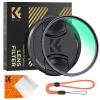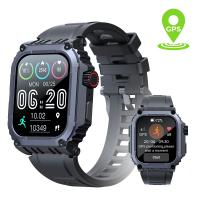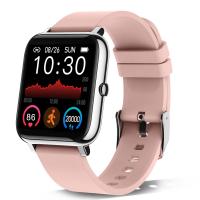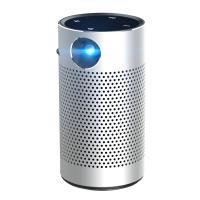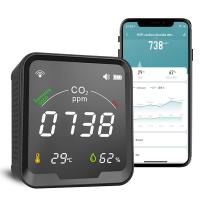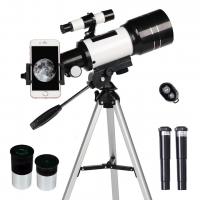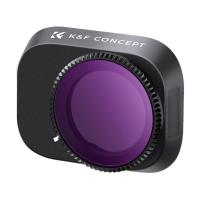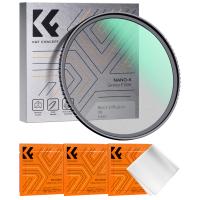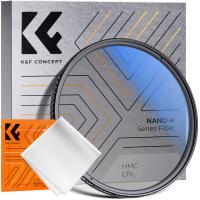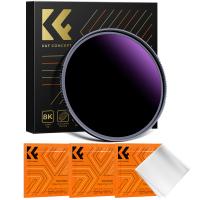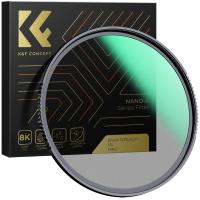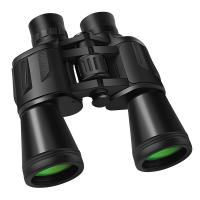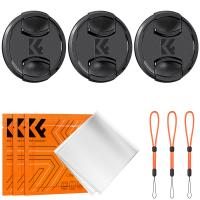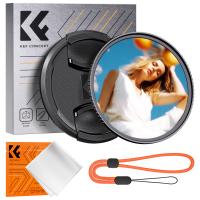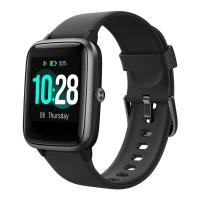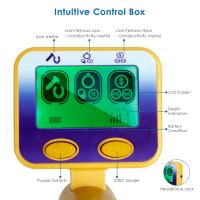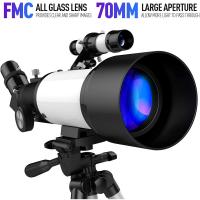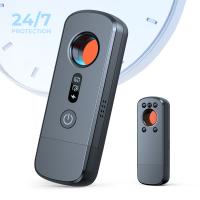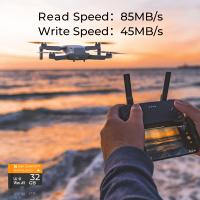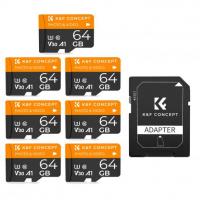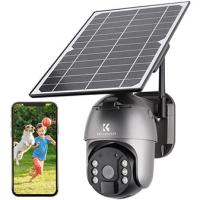How Much Does Smart Watch Cost?
In recent years, smartwatches have become an essential accessory for tech enthusiasts and fitness aficionados alike. These versatile devices offer a range of functionalities, from tracking your daily steps to receiving notifications from your smartphone. However, one of the most common questions potential buyers have is: "How much does a smartwatch cost?" The answer to this question is not straightforward, as the price of a smartwatch can vary significantly based on several factors, including brand, features, and build quality. In this article, we will delve into the various aspects that influence the cost of a smartwatch and provide a comprehensive guide to help you make an informed decision.
Factors Influencing the Cost of a Smartwatch
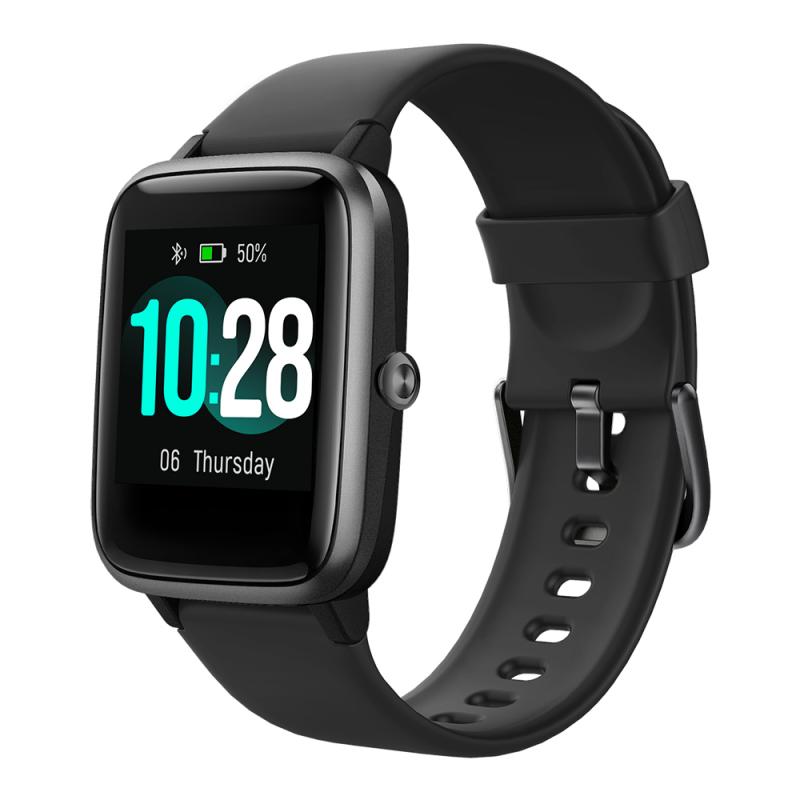
1. Brand
The brand of a smartwatch plays a significant role in its pricing. Established brands like Apple, Samsung, and Garmin often come with a premium price tag due to their reputation for quality and reliability. For instance, the latest Apple Watch Series 8 can cost upwards of $400, while a Samsung Galaxy Watch 4 may range between $250 and $350. On the other hand, lesser-known brands or new entrants in the market may offer more affordable options, sometimes as low as $50 to $100.
2. Features
The features offered by a smartwatch are another critical factor that affects its price. Basic models that offer essential functionalities like step counting, heart rate monitoring, and notification alerts are generally more affordable. These can range from $50 to $150. Mid-range smartwatches, which may include additional features like GPS tracking, music storage, and advanced health metrics, typically cost between $150 and $300. High-end models that offer a comprehensive suite of features, including ECG monitoring, blood oxygen level measurement, and cellular connectivity, can cost anywhere from $300 to $600 or more.
3. Build Quality and Materials
The materials used in the construction of a smartwatch also influence its cost. Entry-level models often use plastic or silicone materials, which are durable yet inexpensive. Mid-range and high-end models may use more premium materials like stainless steel, aluminum, or even titanium, which can significantly increase the price. Additionally, the quality of the display, whether it's an LCD, OLED, or AMOLED screen, also plays a role in the overall cost.
4. Battery Life
Battery life is a crucial consideration for many users, and it can also impact the price of a smartwatch. Basic models with limited functionalities may offer longer battery life, sometimes lasting up to a week on a single charge, and are generally more affordable. In contrast, feature-rich smartwatches with high-resolution displays and multiple sensors may require more frequent charging, often lasting only a day or two, and tend to be more expensive.
5. Compatibility
Compatibility with other devices can also affect the cost of a smartwatch. Some models are designed to work seamlessly with specific ecosystems, such as the Apple Watch with iOS devices or the Samsung Galaxy Watch with Android devices. These smartwatches often come with a higher price tag due to their optimized performance and integration. Conversely, more generic models that offer broader compatibility may be more budget-friendly.
Price Ranges for Different Types of Smartwatches
1. Budget Smartwatches ($50 - $150)
Budget smartwatches are ideal for those who are new to wearable technology or are looking for basic functionalities without breaking the bank. These models typically offer essential features like step counting, heart rate monitoring, and basic notification alerts. Brands like Amazfit, Fitbit, and Xiaomi offer several options in this price range.
2. Mid-Range Smartwatches ($150 - $300)
Mid-range smartwatches offer a balance between affordability and advanced features. These models often include GPS tracking, music storage, and more comprehensive health metrics. They are suitable for users who want more than just the basics but are not willing to invest in a high-end model. Popular options in this category include the Fitbit Versa series, Garmin Forerunner series, and Samsung Galaxy Watch Active.
3. High-End Smartwatches ($300 - $600+)
High-end smartwatches are designed for users who want the best in terms of features, build quality, and performance. These models often include advanced health monitoring features like ECG, blood oxygen level measurement, and cellular connectivity. They are also made from premium materials and offer superior display quality. The Apple Watch Series 8, Garmin Fenix series, and Samsung Galaxy Watch 4 Classic are some of the top choices in this category.
Making an Informed Decision
When deciding how much to spend on a smartwatch, it's essential to consider your specific needs and preferences. Here are some questions to ask yourself:
1. What features are most important to me?
- If you primarily want a device for fitness tracking, a budget or mid-range model may suffice. However, if you need advanced health monitoring or cellular connectivity, you may need to invest in a high-end model.
2. What is my budget?
- Determine how much you are willing to spend and look for models that offer the best value within that range. Remember that more expensive doesn't always mean better; it's about finding the right balance between cost and features.
3. Which ecosystem am I invested in?
- If you are already using an iPhone or a Samsung smartphone, it may make sense to choose a smartwatch that integrates seamlessly with your existing devices.
4. How important is build quality and design?
- If you value premium materials and a sleek design, you may need to spend more. However, if functionality is your primary concern, there are plenty of affordable options that offer excellent performance.
The cost of a smartwatch can vary widely based on several factors, including brand, features, build quality, battery life, and compatibility. By understanding these factors and considering your specific needs and budget, you can make an informed decision and find a smartwatch that offers the best value for your money. Whether you opt for a budget-friendly model or a high-end device, the right smartwatch can enhance your daily life and help you stay connected and healthy.

